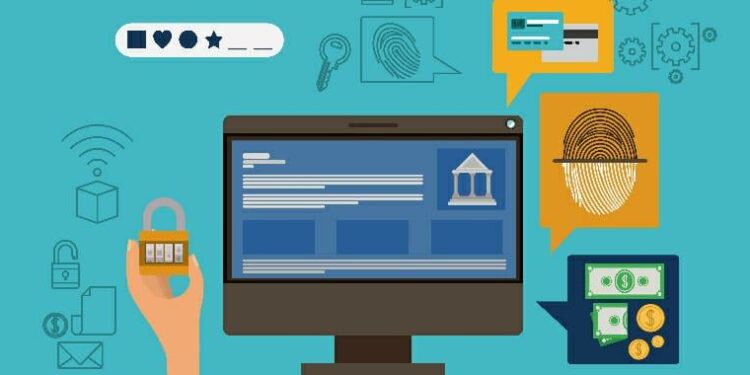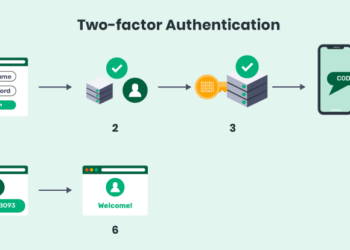The ease of access to the Internet and social networks exposed us to the curiosity of others. Learn how to protect your privacy on the Internet.
When data has become a business, maintaining privacy on the internet is increasingly challenging. We can easily interact with friends through social networks or communication applications, buy any product online, access streaming platforms, or read our favorite newspaper through a digital subscription. And in doing so, we are, in one way or another, exposing our data.
Security and privacy are fundamental aspects you should keep in mind whenever you access the Internet. Private information, such as your IP address, your physical location or even your credit card details, are registered on the websites whenever you give your consent. Controlling the information you provide and who can access it is extremely important.
What personal information can be accessed on the Internet?
You are asked for personal data when you register on a website or download a software or application. Your name, age, address, email address, mobile phone number, or data such as your NIF or Citizen’s Card number.
The physical location you are asked for, for example, when doing a Google search to improve the results presented is another such case.
Most websites on the Internet use your data to improve your user experience. But for this, they must inform you about how the data will be used and obtain your explicit consent.
These tiny computer files, or cookies, store information about your activity on that website and allow you to make your navigation more efficient when you return there. But not only that, they allow entities to whom you can give this information to create a user profile. Useful, for example, to customize commercial offers or advertisements to your preferences.
What are the implications of having my data on the Internet?
We rarely think about the footprint we leave on the internet. But the truth is that everything we do online, from social networks to the searches we carry out in search engines, leaves a digital trail.
Before making your data available or sharing any content online, remember that it can stay on the internet forever. It is also essential to be aware that online information about you can be searched for by others, such as recruiters when applying for a job interview.
And we’ve all heard of cases where hackers have accessed websites to steal the private information stored there and use it for malicious purposes.
How to protect my privacy on the internet?
First, you should consider who or where you provide personal data. When filling in any registration form, to create a user account, for example, only provide the strictly necessary information.
Never send confidential information, such as passwords or bank card PIN codes, via the internet (chat, email, among others) or mobile phone.
Regarding social media, be careful about the friendships you accept. Review your privacy settings to ensure your Internet security and privacy. Carefully define who can see the content you share.
Avoid disclosing information that indicates your location. Remember that when you publish photos of your vacation in a specific place, you reveal that you are absent from your usual residence, which is not recommended by the PSP, as it is a factor that enhances robberies.
Right to be forgotten.
If the personal data you used is no longer needed or used illegitimately, please be aware that you can ask for it to be deleted. At stake is the “right to be forgotten”, which consists of the obligation to delete personal data whose sharing no longer makes sense or brings benefits to you.
For example, when using a website for purchases, carefully read the privacy policy. Companies are required to have the privacy statement accessible from any page on the site. It explains how your personal data is collected and used and what you have to do if you want to update or delete it. The same applies to search engines like Google or social networks like Facebook and Instagram.



